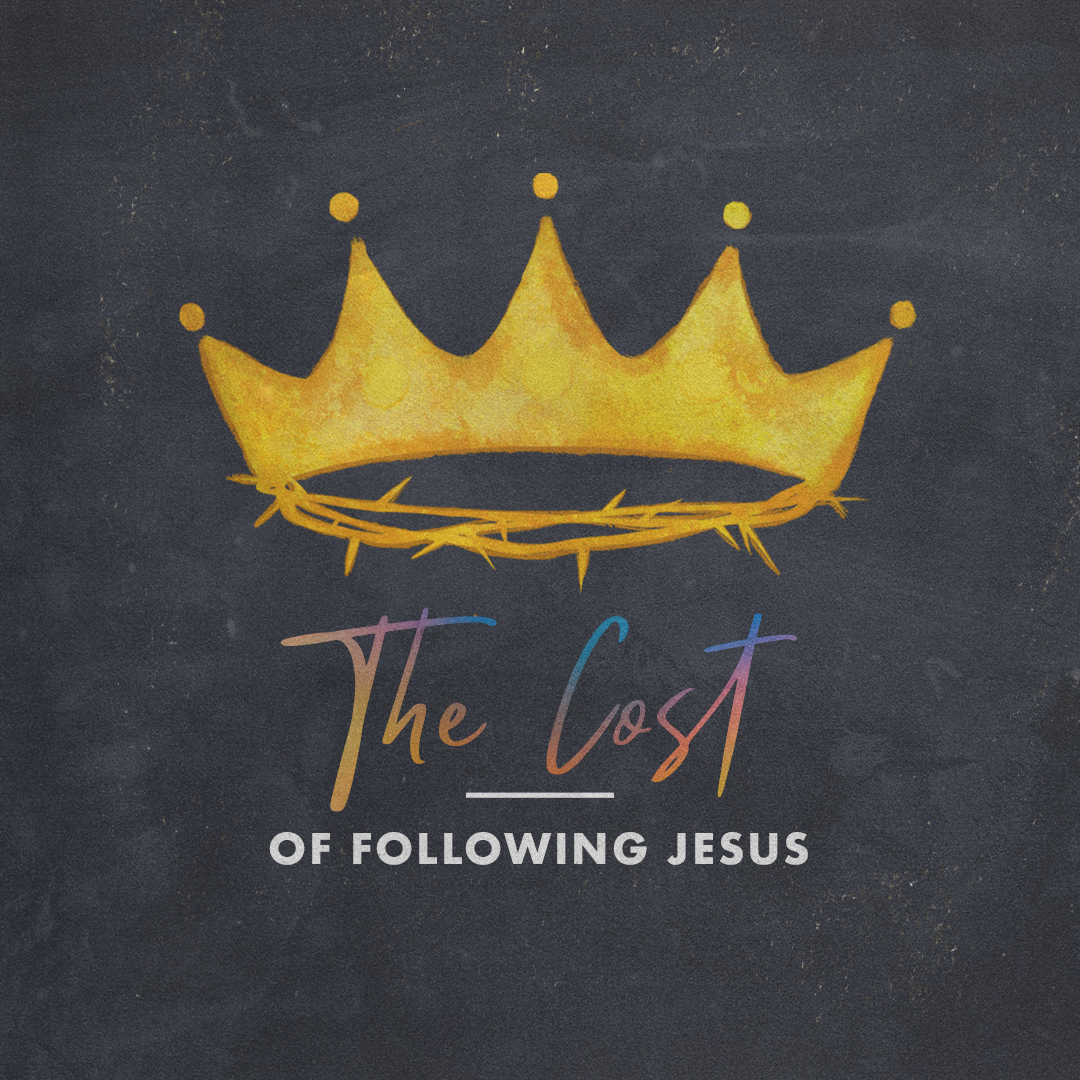
Palm Sunday is here, the day we remember and celebrate Jesus’ arrival in Jerusalem and the entry point into Holy Week that culminates on Easter Sunday. Mark tells us that many people spread their cloaks and branches on the ground and welcomed Jesus with great enthusiasm. What Mark doesn’t tell us is the response of the religious authorities, the other opponents of Jesus or the general population of Jerusalem.
The following episodes tell us plenty, though, as Jesus confronts the temple authorities through both word and action, while various groups try to trap him by asking controversial questions. Through it all, Jesus appears to be firmly in control and well aware of what is happening around him.
I wonder what this day means for you. Is it a day to mark what is often labelled Jesus’ triumphant entry to Jerusalem? Is it a day to attend a justice rally, inspired by Jesus’ confrontation of unjust practices at the temple? Or is it a day to ponder who Jesus is and what he might be calling you to do?


